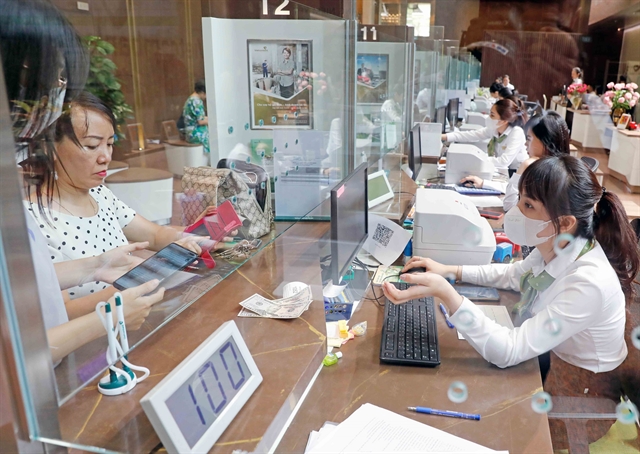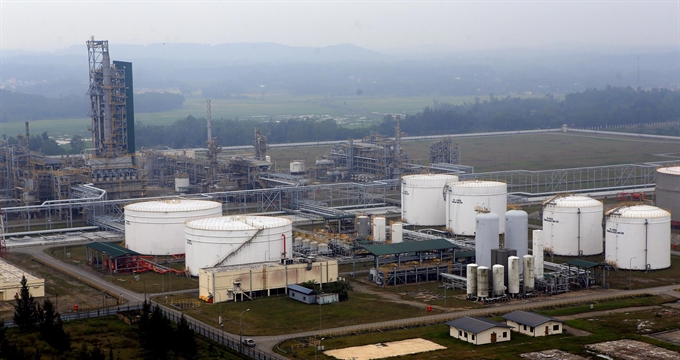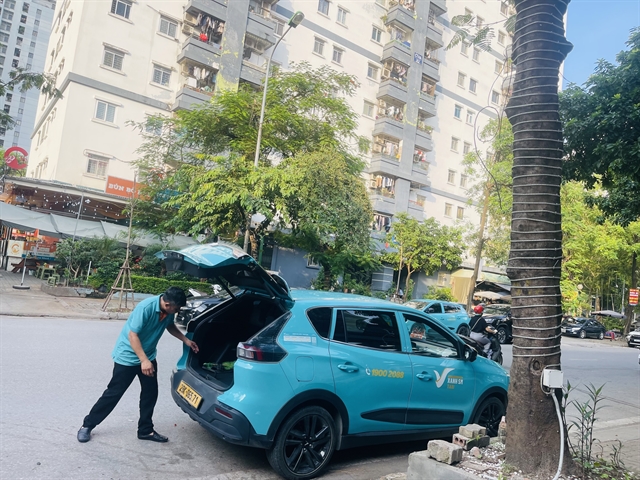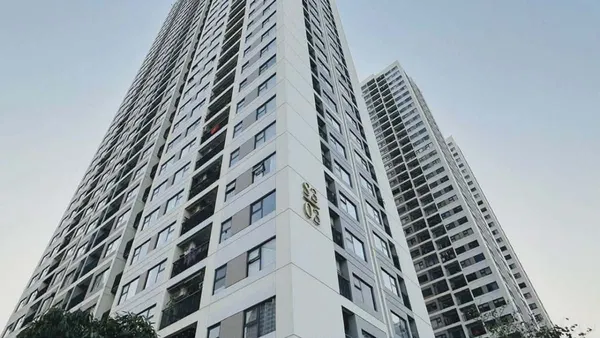 Economy
Economy

The Finance Ministry has submitted a proposal to the Government to allow Dung Quất Oil Refinery to contribute only 10 per cent to the State budget from petroleum and to calculate its own selling prices.
 |
| Dung Quất Oil Refinery. The Finance Ministry has submitted a proposal to the Government to allow Dung Quất Oil Refinery to contribute only 10 per cent to the State budget from petroleum and to calculate its own selling prices.— VNA/VNS Photo Huy Hùng |
HÀ NỘI — The Finance Ministry has submitted a proposal to the Government to allow Dung Quất Oil Refinery to contribute only 10 per cent to the State budget from petroleum and to calculate its own selling prices.
Currently, Dung Quất Oil Refinery contributes 20 per cent in import taxes to the Government.
The information was released by the minister, Đinh Tiến Dũng, in responding to questions from central Quảng Ngãi Provincial National Assembly deputies on financial mechanisms for the Bình Sơn Refining and Petrochemical Co Ltd (BSR), which operates the Dung Quất Refinery.
If the proposal is approved, the refinery could recover from its current financial difficulties caused by falling consumption and decreased turnover.
Earlier, BSR said its current petrol selling prices include import taxes. The products from Dung Quất are still subject to an import tax of 20 per cent, while under the May 2015 Free Trade Agreement (FTA) with South Korea, Việt Nam reduced its import tariff on South Korean gasoline from 20 per cent to 10 per cent, effective December 20, 2015.
The calculation of petroleum import taxes is based upon weighted averages of the tariffs, taking into account Most Favoured Nation (MFN) status and the Free Trade Agreement, which has also created a large difference between prices charged for Dung Quất’s products and those for ASEAN’s South Korea and China.
Specifically, petrol traders would have to pay an import tax of 18.08 per cent when buying petroleum from Dung Quất, 10 per cent higher than from countries that signed FTAs. Moreover, the import tax for Dung Quất’s products has been 1.92 per cent higher than retail taxes.
It was for this reason that a number of local businesses that bought petroleum from Dung Quất are now purchasing imported products.
Meanwhile, the deputies have asked the ministry to submit a new imported tax mechanism to the Prime Minister for approval.
“The adjustment aims to ensure Dung Quất’s petrol products are able to compete with imported ones, thus stabilising its operation in the international integration,” the proposal said.
In addition, the ministry has collected ideas from ministries and the province on the draft of revised Decision No 952/QĐ-TTg on BSR’s financial mechanism.
Since 2009, under a special mechanism, Dung Quất has retained the so-called preferential value, in accordance with the import tariff (3 per cent for petrochemical products, 5 per cent for LPG and 7 per cent for petroleum products). This means that Dung Quất can add 3 per cent to 7 per cent of import taxes to the selling prices of its products. — VNS




